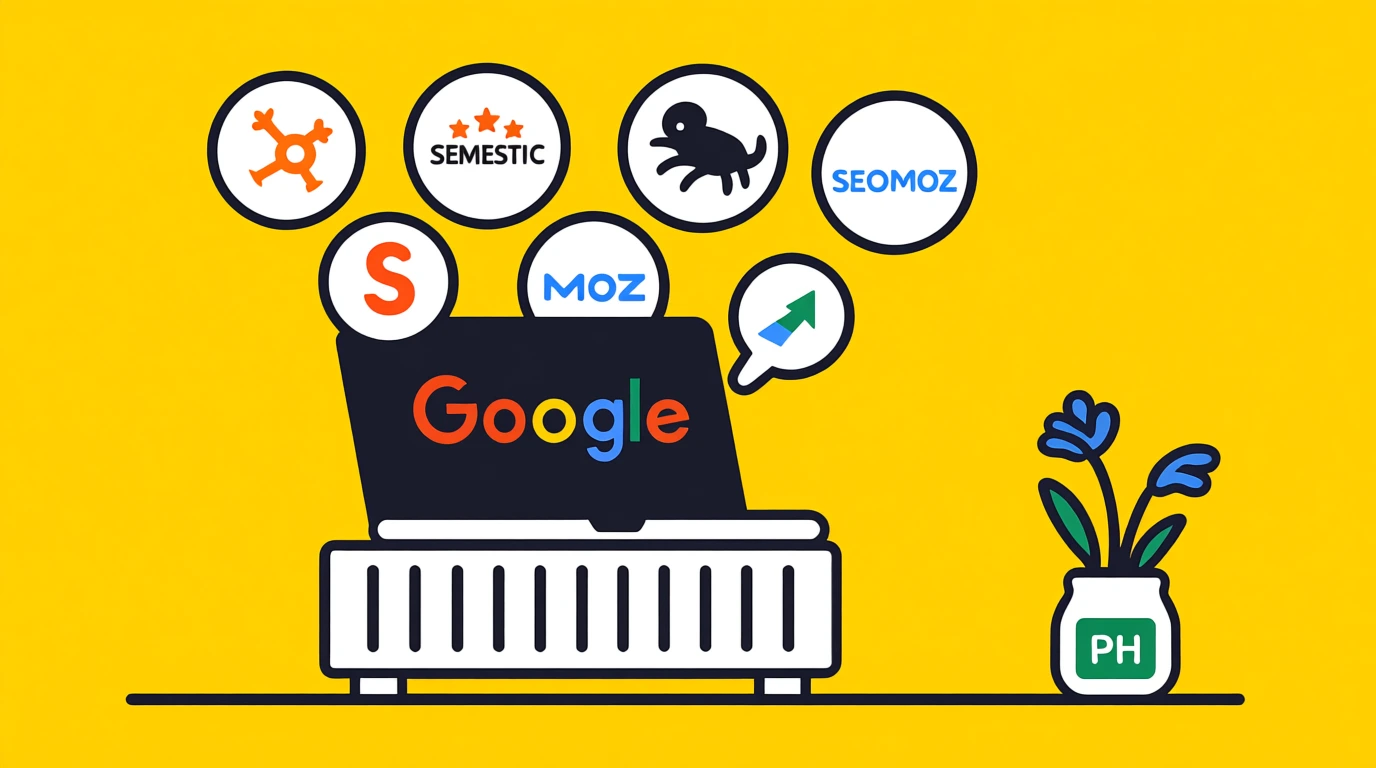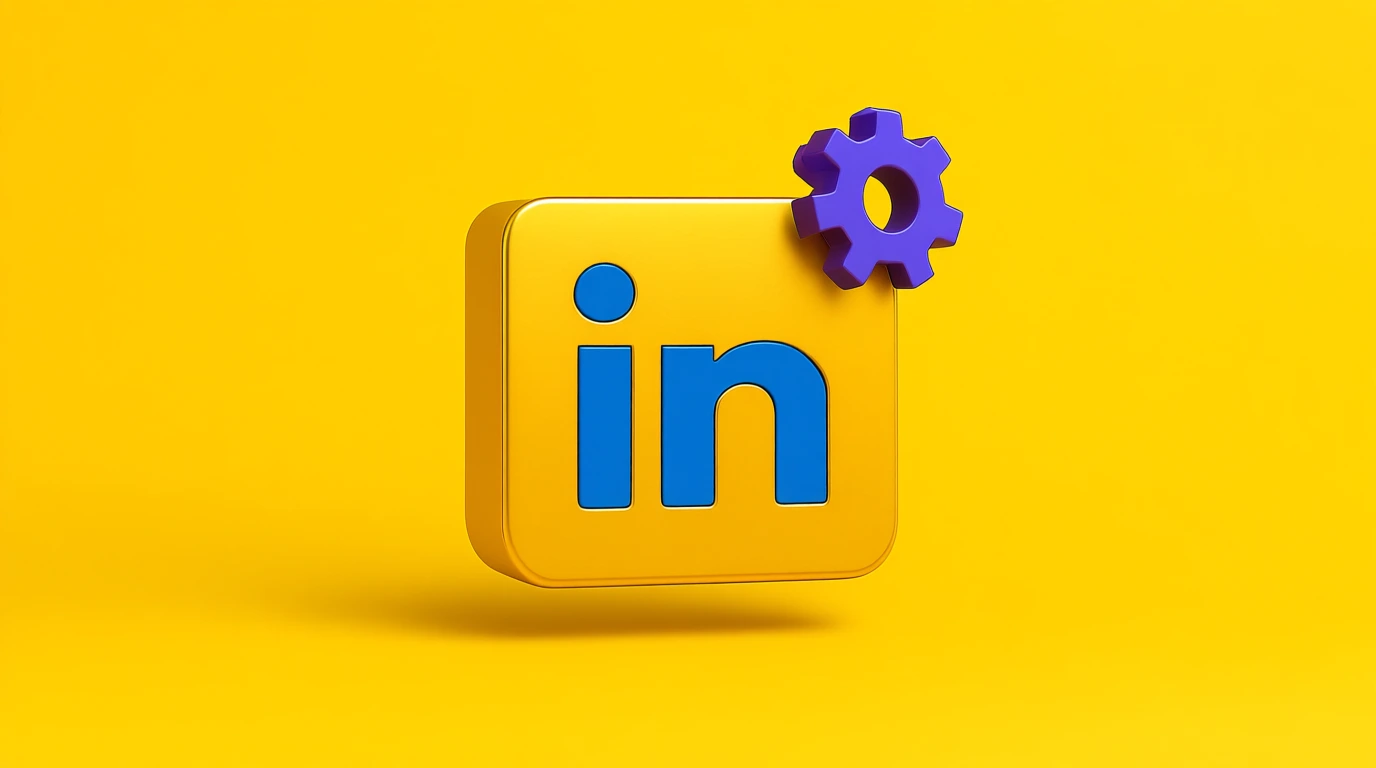
Best Tools for Digital Marketing Success: Detailed Guide (2025 Edition)
In today’s fast-paced digital world, digital marketing tools play a crucial role in helping businesses grow, connect with their audience, and stay ahead of competitors. From managing social media campaigns to analyzing website traffic, these tools empower marketers with data-driven insights and automation features that save time and maximize ROI.
Whether you are a startup, a small business, or a large enterprise, using the right set of digital marketing tools can make your strategy more effective and result-oriented.
What Are Digital Marketing Tools?
Digital marketing tools are software or platforms that assist businesses in planning, executing, and analyzing online marketing campaigns. They simplify processes such as SEO optimization, social media management, content marketing, lead generation, email campaigns, and analytics.
The right tools not only streamline tasks but also provide valuable insights into customer behavior, campaign performance, and overall business growth.
Why Digital Marketing Tools Are Important
-
Efficiency & Automation – Save time by automating repetitive tasks like email scheduling, reporting, or ad placements.
-
Better Insights – Understand customer behavior, preferences, and journey with advanced analytics.
-
Improved ROI – Optimize campaigns to reduce costs and increase conversions.
-
Scalability – Easily manage multiple platforms and campaigns as your business grows.
-
Competitive Advantage – Stay ahead with data-backed decisions and trend analysis.
Must-Have Digital Marketing Tools in 2025
Here are the top categories and tools every marketer should consider:
1. SEO Tools
Optimizing your website for search engines is essential to increase organic traffic.
-
Google Search Console – Track website performance, indexing issues, and search visibility.
-
SEMrush – Complete SEO toolkit for keyword research, competitor analysis, and site audits.
-
Ahrefs – Popular for backlink analysis and keyword tracking.
-
Yoast SEO (WordPress) – On-page SEO optimization made simple.
2. Social Media Management Tools
Social media is a powerful channel for brand building and engagement.
-
Hootsuite – Manage multiple platforms, schedule posts, and track performance.
-
Buffer – Simple and effective tool for content scheduling.
-
Sprout Social – Advanced analytics and social listening features.
-
Canva – Create stunning social media graphics quickly.
3. Content Marketing Tools
Content is the backbone of digital marketing.
-
Grammarly – Enhance writing quality with grammar and tone checks.
-
BuzzSumo – Discover trending content and analyze competitors.
-
SurferSEO – Helps optimize blog content for SEO.
-
HubSpot CMS – Manage blogs, landing pages, and lead generation.
4. Email Marketing Tools
Email continues to be a high-ROI channel for businesses.
-
Mailchimp – User-friendly tool for email automation and design.
-
ConvertKit – Great for creators and small businesses.
-
ActiveCampaign – Combines CRM with powerful email automation.
-
Sendinblue – Affordable solution with SMS and email marketing.
5. Analytics & Reporting Tools
Data-driven decision-making is key for success.
-
Google Analytics 4 (GA4) – Tracks user behavior and conversions.
-
Hotjar – Heatmaps and session recordings for UX optimization.
-
Tableau – Advanced data visualization for enterprise users.
-
Kissmetrics – Detailed customer journey analytics.
6. Paid Advertising Tools
Running paid ads efficiently requires the right platforms.
-
Google Ads – Reach audiences via search and display ads.
-
Facebook Ads Manager – Manage Facebook and Instagram ad campaigns.
-
AdEspresso – Simplify Facebook and Google ad management.
-
SEMrush PPC Toolkit – Optimize and monitor ad campaigns.
How to Choose the Right Digital Marketing Tools
Before investing in tools, consider:
-
Business Goals – SEO, leads, sales, or brand awareness.
-
Budget – Many tools have free versions, but premium plans offer advanced features.
-
Ease of Use – Choose tools that fit your team’s skills.
-
Integration – Ensure they integrate with your existing systems like CRM or CMS.
-
Scalability – Pick tools that can grow with your business.
🔎 SEO Tools
Search Engine Optimization (SEO) is the backbone of digital visibility. The following tools help businesses rank higher in search engines and attract organic traffic.
1. Google Search Console
A free tool from Google to monitor your website’s search performance.
-
Pros:
-
Free and easy to use.
-
Shows keyword impressions and CTR.
-
Detects indexing issues.
-
-
Cons:
-
Limited data retention (16 months).
-
Lacks deep competitor analysis.
-
2. SEMrush
An all-in-one SEO and marketing toolkit.
-
Pros:
-
Powerful keyword research and tracking.
-
Competitor analysis features.
-
Site audit and backlink analysis.
-
-
Cons:
-
Expensive for small businesses.
-
Can be overwhelming for beginners.
-
3. Ahrefs
A leading SEO tool known for backlink data.
-
Pros:
-
Best for backlink analysis.
-
Keyword explorer with accurate data.
-
Content gap analysis.
-
-
Cons:
-
Premium pricing.
-
Limited free trial.
-
4. Yoast SEO (WordPress Plugin)
A popular SEO plugin for WordPress sites.
-
Pros:
-
Easy-to-use on-page optimization.
-
Content readability checker.
-
Great for beginners.
-
-
Cons:
-
Limited free features.
-
Can slow down websites if overused.
-
5. Rank Math SEO (WordPress Plugin)
A fast-growing alternative to Yoast SEO.
-
Pros:
-
Advanced SEO features even in free version.
-
Lightweight and fast.
-
Integration with Google Search Console.
-
Multiple keyword optimization.
-
-
Cons:
-
Learning curve for beginners.
-
Some advanced features locked in Pro version.
-
📱 Social Media Management Tools
Social media helps businesses connect directly with their audience. Managing multiple platforms manually is time-consuming, so these tools simplify the process.
6. Hootsuite
One of the oldest social media scheduling platforms.
-
Pros:
-
Supports multiple platforms.
-
Team collaboration features.
-
Analytics dashboard.
-
-
Cons:
-
Expensive for premium features.
-
Interface can feel outdated.
-
7. Buffer
Simple and user-friendly scheduling tool.
-
Pros:
-
Clean and easy interface.
-
Affordable pricing.
-
Good customer support.
-
-
Cons:
-
Limited analytics in lower plans.
-
Fewer integrations than Hootsuite.
-
8. Sprout Social
A premium social media management and listening tool.
-
Pros:
-
Advanced analytics and reporting.
-
Social listening features.
-
Excellent for agencies.
-
-
Cons:
-
High pricing.
-
Overkill for small businesses.
-
9. Canva
Not a scheduling tool, but essential for creating engaging graphics.
-
Pros:
-
Easy drag-and-drop editor.
-
Thousands of templates.
-
Affordable Pro plan.
-
-
Cons:
-
Limited advanced editing.
-
Needs internet connection.
-
✍️ Content Marketing Tools
Content is at the heart of digital marketing. These tools help you plan, optimize, and improve quality.
10. Grammarly
An AI-powered writing assistant.
-
Pros:
-
Grammar, spelling, and tone checks.
-
Works on email, documents, and blogs.
-
Free version is useful.
-
-
Cons:
-
Premium version is costly.
-
Sometimes overly strict.
-
11. BuzzSumo
Great for researching trending topics.
-
Pros:
-
Finds most shared content.
-
Competitor content analysis.
-
Influencer identification.
-
-
Cons:
-
Expensive for solo users.
-
Data sometimes limited for niche topics.
-
12. SurferSEO
Optimizes blogs for search engines.
-
Pros:
-
Content editor with SEO guidelines.
-
Competitor keyword analysis.
-
Easy to use.
-
-
Cons:
-
Subscription cost.
-
Works best with English content.
-
13. HubSpot CMS
A powerful platform for content and lead generation.
-
Pros:
-
Built-in CRM integration.
-
Drag-and-drop content management.
-
Scalable for growing businesses.
-
-
Cons:
-
High pricing.
-
Requires some training.
-
📧 Email Marketing Tools
Email remains one of the highest ROI marketing channels.
14. Mailchimp
A leading email automation platform.
-
Pros:
-
Easy to design campaigns.
-
Free plan available.
-
Integrates with many tools.
-
-
Cons:
-
Expensive as lists grow.
-
Limited automation in free version.
-
15. ConvertKit
Designed for creators and bloggers.
-
Pros:
-
Simple automation.
-
Landing page builder.
-
Great for creators.
-
-
Cons:
-
Limited design templates.
-
Higher pricing for small lists.
-
16. ActiveCampaign
Combines CRM with email marketing.
-
Pros:
-
Advanced automation.
-
Excellent CRM features.
-
Detailed reporting.
-
-
Cons:
-
Steeper learning curve.
-
No free plan.
-
17. Sendinblue (Brevo)
Affordable email + SMS platform.
-
Pros:
-
SMS and email marketing combined.
-
Affordable pricing.
-
Good automation workflows.
-
-
Cons:
-
Limited templates.
-
Interface could be smoother.
-
📊 Analytics & Reporting Tools
Understanding customer behavior is essential for growth.
18. Google Analytics 4 (GA4)
Free analytics tool from Google.
-
Pros:
-
Free and powerful.
-
Tracks user behavior in detail.
-
Conversion tracking.
-
-
Cons:
-
Steep learning curve.
-
Some data sampling issues.
-
19. Hotjar
Tracks user behavior visually.
-
Pros:
-
Heatmaps and session recordings.
-
Great for UX optimization.
-
Easy to set up.
-
-
Cons:
-
Limited free plan.
-
Not suitable for large enterprise analytics.
-
20. Tableau
Advanced data visualization tool.
-
Pros:
-
Professional dashboards.
-
Handles large datasets.
-
Strong business intelligence.
-
-
Cons:
-
High learning curve.
-
Expensive licenses.
-
21. Kissmetrics
Focuses on customer journey tracking.
-
Pros:
-
Great for SaaS and eCommerce.
-
Funnel analysis.
-
Customer lifetime value insights.
-
-
Cons:
-
Pricing not beginner-friendly.
-
Limited integrations.
-
💰 Paid Advertising Tools
Running effective ads requires the right platforms.
22. Google Ads
The most powerful paid advertising platform.
-
Pros:
-
Massive reach.
-
Advanced targeting.
-
Works for search + display ads.
-
-
Cons:
-
Can be costly.
-
Needs expertise for ROI.
-
23. Facebook Ads Manager
Controls Facebook + Instagram ads.
-
Pros:
-
Advanced audience targeting.
-
Cost-effective for small businesses.
-
Retargeting features.
-
-
Cons:
-
Constant algorithm changes.
-
Requires frequent monitoring.
-
24. AdEspresso
Simplifies Facebook and Google ad management.
-
Pros:
-
Easy A/B testing.
-
Simplified interface.
-
Saves time on ad setup.
-
-
Cons:
-
Limited advanced features.
-
Pricing may be high for small users.
-
25. SEMrush PPC Toolkit
Optimizes PPC campaigns.
-
Pros:
-
Keyword and ad research.
-
Competitor insights.
-
Integrated with SEO features.
-
-
Cons:
-
Higher pricing.
-
Overwhelming for beginners.
-
Final Thoughts
Digital marketing in 2025 is all about automation, personalization, and data-driven strategies. By using the right digital marketing tools, businesses can streamline processes, gain deeper customer insights, and achieve better results across SEO, social media, email, and paid campaigns.
If you are serious about scaling your business online, start experimenting with these tools today. The combination of the right strategy and technology can take your digital presence to the next level.



